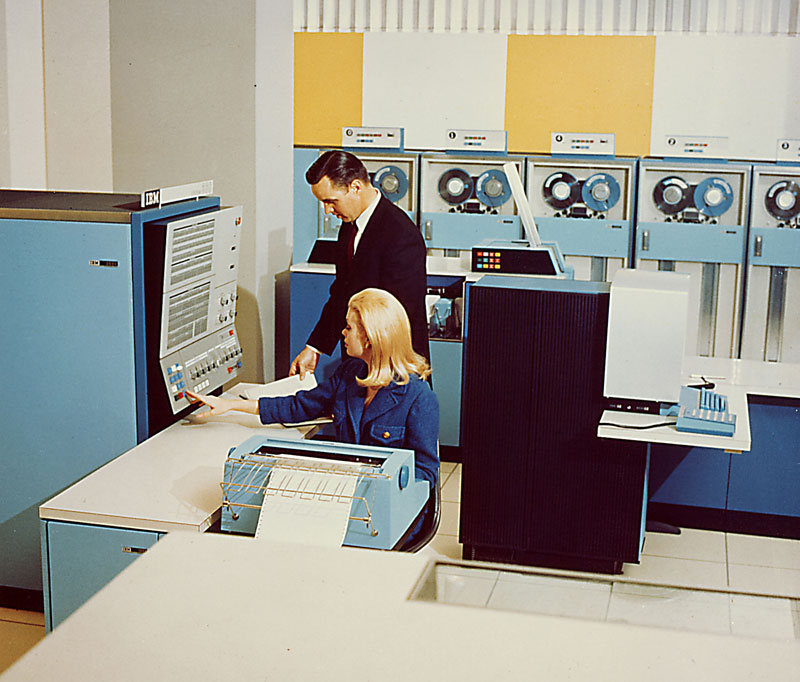The single economic event that defines Generation X was the 1973 Oil Shock, the OPEC embargo on the west bought the post World War II era of economic growth to an end.
With stagflation gripping the western world, new solutions were sought and by the end of the decade governments touting ‘business friendly’ economic policies – more accurately ‘corporation friendly’ – were seen as the solution.
As Robert Reich described in the New York Times, these policies were not only a disaster for workers but also for the middle classes and business productivity.

A notable aspect missing in the above graph is US productivity growth has since stalled as corporations have focused on stock buy backs rather than investment. The problem has been compounded by the use of tax shelters that have resulted in huge amounts of American corporate profits being locked away in offshore bank accounts.
While those stock buy backs and arbitraging tax regimes have benefitted executives and a small cabal of fund managers, the diversion of capital from productive investment has weakened the US and global economy.
For the baby boomers, even those of the Lucky Generation who preceded GenX, that lack of investment now threatens their retirement lifestyles as incomes and government spending stagnates.
The ‘big business friendly’ ideologies of Thatcher and Reagan defined the late Twentieth Century and continue to dominate government thinking in much of the western world, it may be though that we a reaching the end of that era as the costs to the broader economy are beginning to be recognised.
For GenX and their kids, the costs are being borne now but their parents may be about to feel the costs too.

Leave a Reply